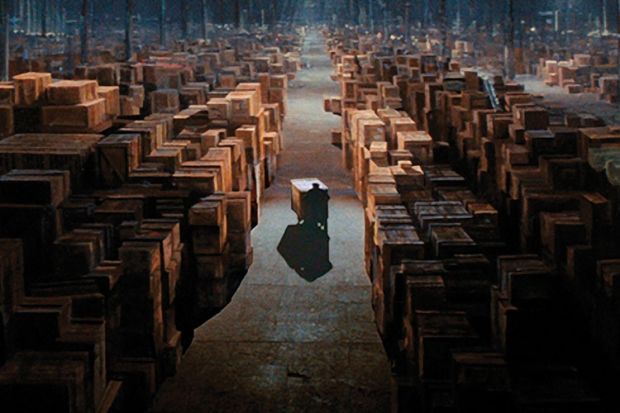Our first unit in PSE this year was as interesting as it was informative. We learned about a variety of topics and had discussions on their relevance to us as both teenagers and IB students.
We started off with learning about different personality types including:
- People who act immediately
- People who consider the future before acting
- Those who consider other opinions before acting
- Those who pay attention to the details before acting
After seperating ourselves into a group with we identify with most, we came up with the advantages and disadvantages of our personality types. For example, I believe I pay attention to detail before commiting and actions. The advantages of this approach is that I can prepare for a variety of outcomes, and increase my chance of success by having enough information to make informed decisions. The disadvantage of this approach is that it is quite time-consuming, and the possibility of overthinking problems is high.
This personality will be quite useful for my IB studies as detail is extremely important when writing essays, doing tests or simply working on my homework. Although there is no “best” personality type, each personality have certain scenarios in which they might be more effective.
Another interesting topic we discussed in PSE was the concept of emotional intelligence (EQ). In short, EQ is how we control our own emotions, while being able to recognise what other people are feeling. This is an important skill to have, as studies have found that people with higher EQs are generally more successful in life. Asides from that benefit, having a high EQ would allow better interaction between your peers and family, thus allowing you to avoid unnecessary conflicts.
Each member of our class took an EQ test to see how emotionally intelligent we were. My result was that I had around an average amount of emotional intelligence. This indicated that I had room to improve. In my opinion, a good way to improve your emotional intelligence is through self-reflection and increased social interactions with your friends and family. The benefit of this improvement process is that more than just my emotional intelligence would improve. Self-reflection and increased social interactions impacts numerous aspects of my life. I will be able to make myself a better person while hopefully improving relations with those I interact with.
The final topic we discussed in our first PSE unit was the idea of being “gritty”. Grit is a word I have heard numerous times throughout my middle school and IGCSE years, so learning about it in IB was no surprise. However, learning about grit now made me realize the importance of having that trait while being an IB student. The IB course will not, and hasn’t been, easy. Grit means being able to stay focused and hardworking in a difficult scenario for a long period of time without simply giving up or going through an easier but less fulfilling route. This sounds exactly like the IB programme.
There will be countless tests, homework assignments, essays and presentations I will need to make throughout the following two academic years. This will all be done in conjunction with my service and activity commitments that I have, which is not going to take an insignificant amount of time. In order to persevere until my graduation, I will need to be gritty. I must dig in, and withstand the vast horde of hard work that is rapidly coming my way.
The first unit of PSE has been an informative and relevant journey so far which has positively impacted or will benefit my academic and personal life so far. The concepts of beneficial personality types, emotional intelligence and grittiness will all be important in laying the foundation for what will hopefully be a successful journey through IB.


